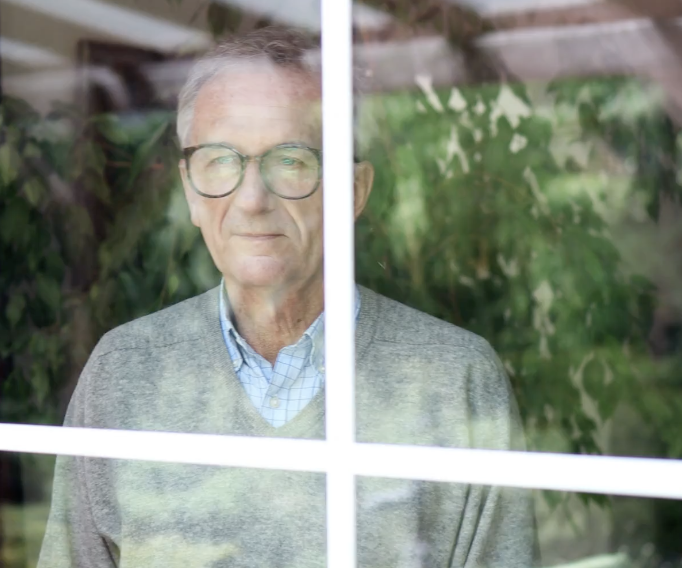

Former Sex Pistol Frontman John Lyton’s touching tribute to his wife Nora shines a powerful a spotlight on this devastating degenerative disease. Alzheimers’ is the most common form of dementia that affects over 900,000 people in the UK today. Dementia is the leading cause of death among adults over 70 years old. Much of the emotional and financial support is provided through family members who pay a high emotional and financial cost. The condition attacks the part of the brain that regulates the body clock or circadian rhythm, making sleep disruption one of the critical early warning signs of the condition.
A growing body of evidence shows that the right light at the right time will improve sleep, boost mood, memory and even resistance to disease. One recent large-scale study showed a 43% reduction in night time falls, while others point to a reduction in ‘sundowning’ agitation and improved emotional engagement among the most severely affected. A growing number of innovative care home providers are doing just that and seeing remarkable results in the health and well-being of residents and staff alike.
But you don’t need to run a care home – or have a big budget- to help your loved ones to get the sleep they so desperately need.
Here are five simple tips you can try today.
1/ Routine – your body clock is happiest when it knows what is coming next so try to keep to the same times for wake-up and wind down every day.
2/ Bright days: encourage them to get out into the fresh air every day. Just sitting next to an open window, ideally in the morning, will give their body clocks a vital ‘rise and shine’ signal. Add a bright, cool daylight bulb to the overhead fitting and make sure that they have access to a reading lamp with a flexible arm and a bulb that is strong enough so they can read easily without glare.
3/ Limit naps during the day, especially in the afternoon. Naps reduce sleep pressure so that we don’t feel as sleepy when it’s time for bed. Plan an activity, ideally by a window or even outside, during the energy dip straight after lunch. Bright light is as good as a cup of coffee to wake you up.
4/ Warm evenings: in the late afternoon, switch to a soft warm light to give their body clocks a clear signal that it’s time to wind down. Radio and audio books can be calming and reassuring company and will give their eyes a rest too.
5/ Dark nights: use black-out curtains to make sure their room is completely dark to sleep. Light pollution from street lamps will stop them from falling into the deep phases of sleep where critical repair and memory consolidation takes place. Use low-level amber night lights in hallways and plugged into the bathroom shaving socket so they stay safe during those night time trips.
Please join me and a team of scientists and residential care providers to discover more on 7 March to learn more. Register here,